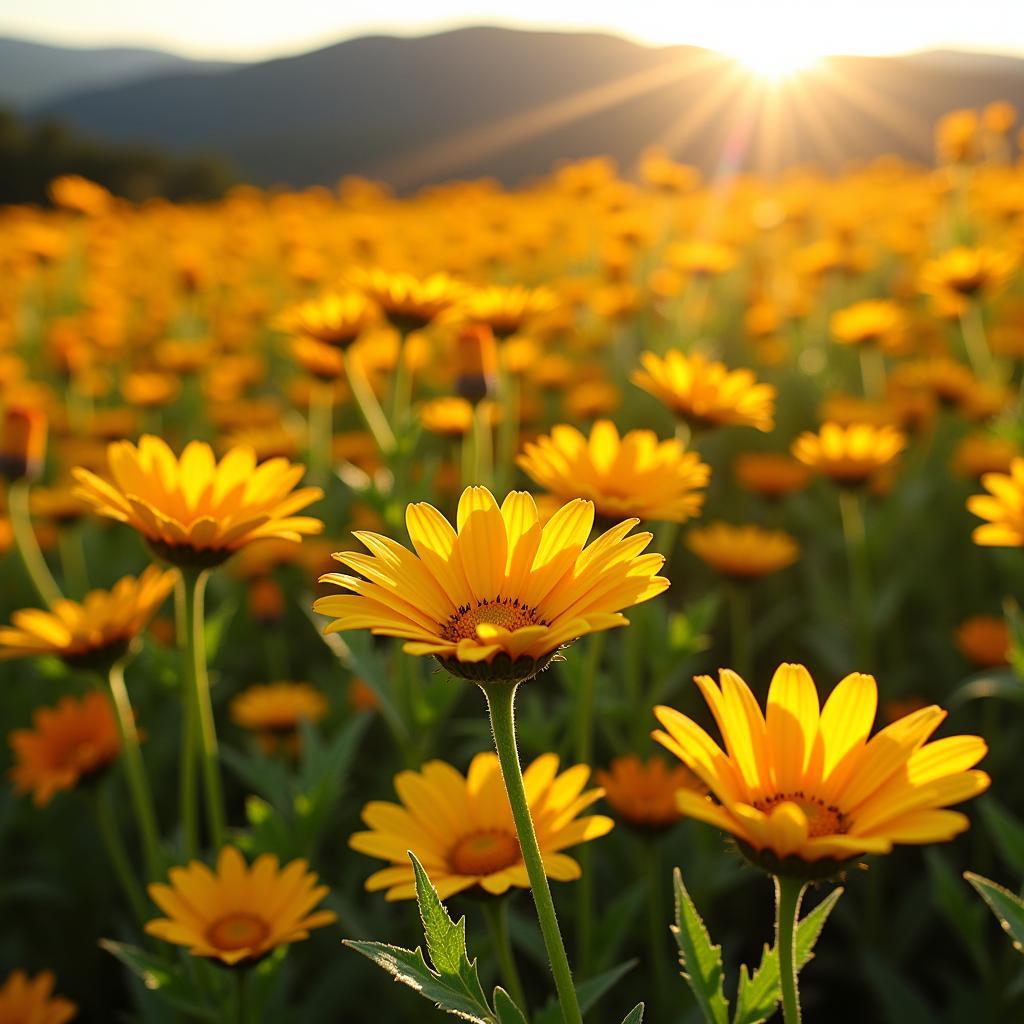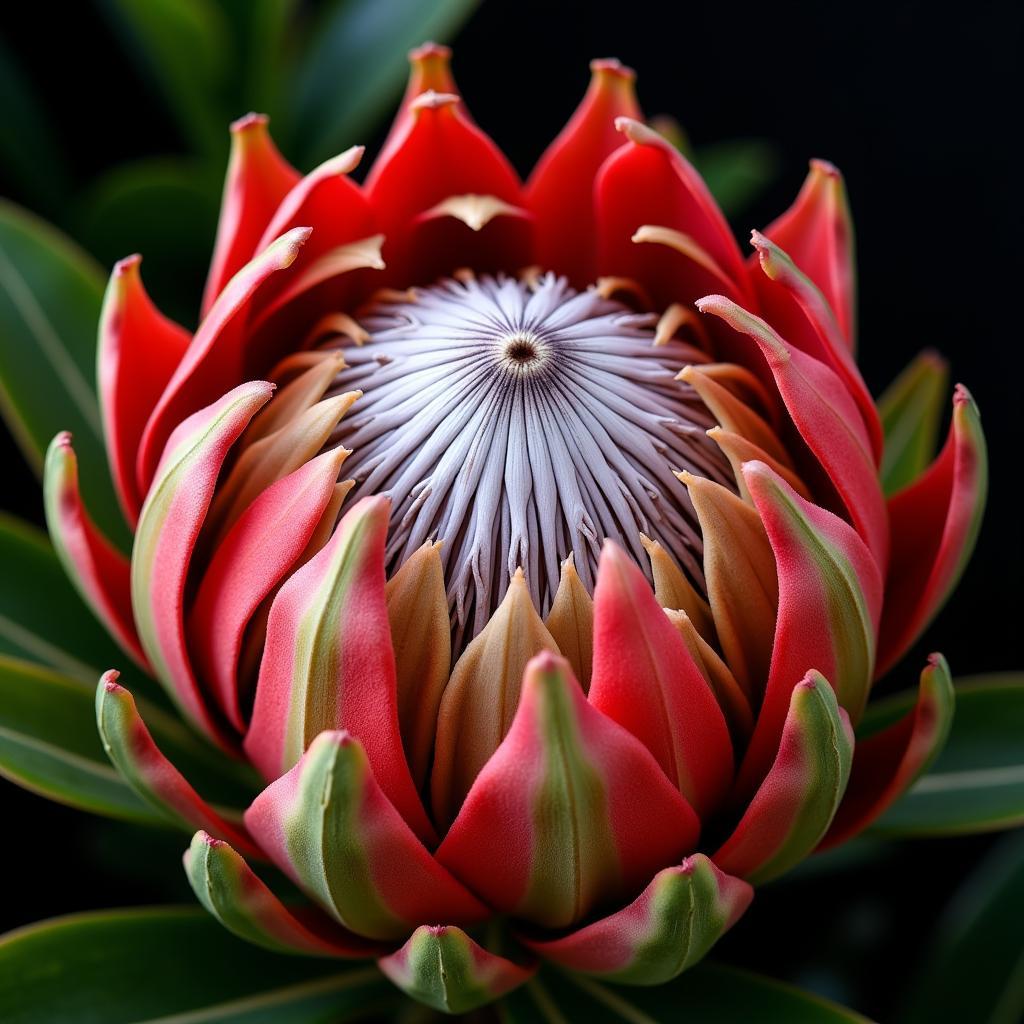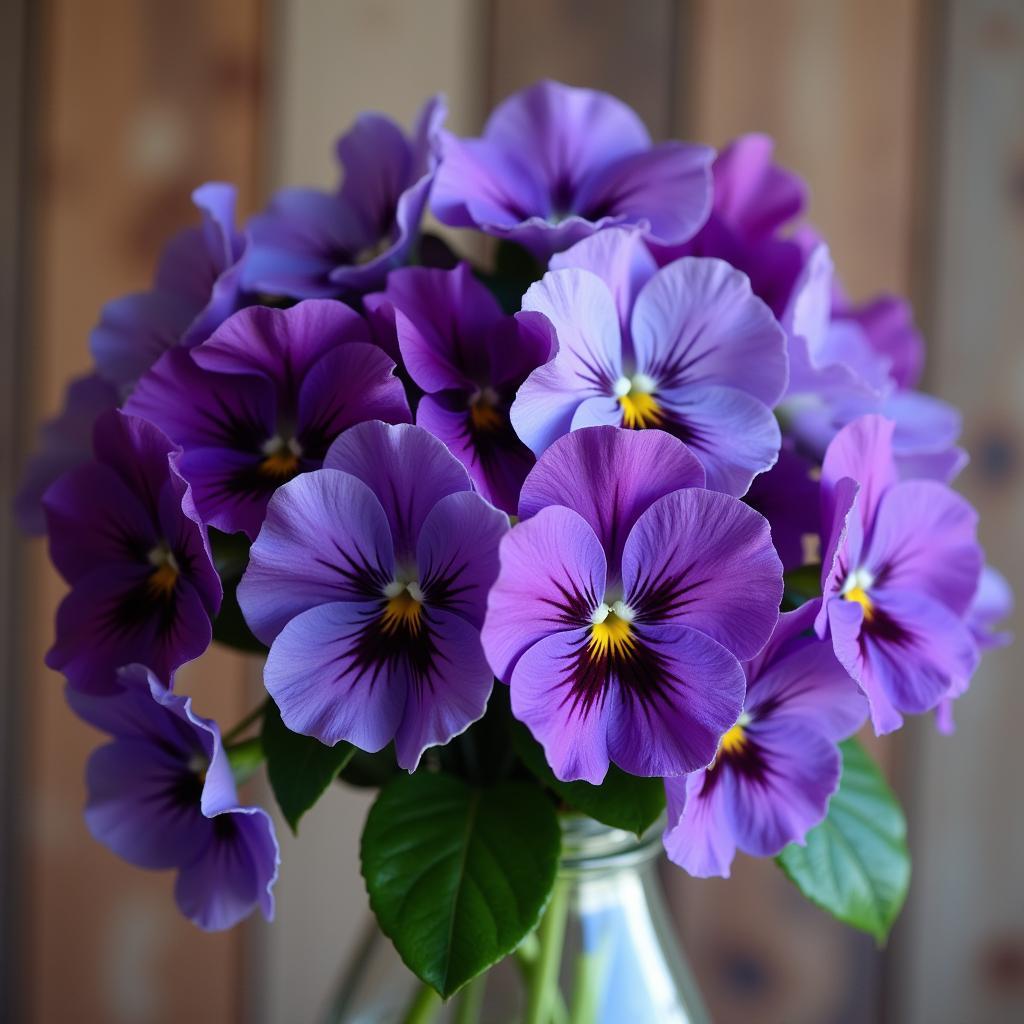African Flower Names and Meanings: Discover the Beauty and Symbolism
Africa, with its diverse cultures and landscapes, is home to a rich tapestry of flora. Each flower carries unique symbolism, often intertwined with local traditions and beliefs. This article delves into the captivating world of African Flower Names And Meanings, offering a glimpse into the continent’s cultural richness and botanical wonders.
 Field of African Daisies
Field of African Daisies
The Language of Flowers in Africa
Across Africa, flowers hold a special place in various ceremonies and everyday life. They convey emotions, mark milestones, and symbolize cultural values. From grand gestures of love to subtle expressions of respect, flowers speak a universal language uniquely understood within each cultural context.
Popular African Flower Names and their Meanings
Let’s explore some of the popular African flowers and the fascinating stories behind their names:
African Daisy (Osteospermum)
Often associated with joy, sunshine, and new beginnings, the African daisy, also known as the Cape daisy, brightens up any landscape with its vibrant colors. In some African cultures, gifting an African daisy symbolizes optimism and a wish for good fortune.
 Protea Flower Close-up
Protea Flower Close-up
Protea (Protea)
Named after the Greek god Proteus, known for his ability to change shape, the protea flower symbolizes diversity, transformation, and courage. Its striking appearance, characterized by large, artichoke-like blooms, makes it a favorite in floral arrangements.
Bird of Paradise (Strelitzia reginae)
This uniquely shaped flower resembles a crane’s head with its vibrant orange and blue petals. Symbolizing paradise, freedom, and joy, the Bird of Paradise is a popular choice for expressing admiration and good wishes. In some cultures, it’s also believed to represent faithfulness and long-lasting love.
African Violet (Saintpaulia)
Native to Tanzania and Kenya, the African violet represents loyalty, faithfulness, and everlasting love. Its delicate beauty and vibrant purple hues make it a cherished gift for expressing affection and appreciation.
 Bouquet of African Violets
Bouquet of African Violets
Gazania (Gazania)
Known for its vibrant, daisy-like flowers that open with the sun and close at night, the Gazania represents wealth, prosperity, and good fortune. Its cheerful colors and unique blooming pattern make it a symbol of optimism and resilience.
Other Noteworthy African Flowers
Besides these popular choices, numerous other flowers hold cultural and symbolic significance in different African countries:
- Aloe Vera: Known for its healing properties, Aloe Vera symbolizes resilience, health, and good luck in many cultures.
- Hibiscus: With its bright, showy flowers, the Hibiscus often represents beauty, femininity, and hospitality in various African societies.
- Baobab Tree Flower: Though less commonly seen, the Baobab tree flower symbolizes strength, longevity, and resilience, reflecting the tree’s impressive lifespan and ability to thrive in harsh conditions.
The Significance of Flower Names
Often derived from local languages, the names of African flowers reflect their appearance, traditional uses, or cultural significance. For instance, the Zulu name for the Bird of Paradise flower is “Indlondlo,” meaning “crane,” highlighting its resemblance to the bird. Understanding these linguistic connections provides a deeper appreciation for the intricate relationship between nature and culture in Africa.
Preserving Floral Heritage
As we celebrate the beauty and symbolism of African flower names and meanings, it’s crucial to promote the conservation of these natural treasures. Supporting sustainable farming practices, respecting natural habitats, and raising awareness about the importance of biodiversity are vital steps in preserving Africa’s rich floral heritage for future generations.
Exploring the World of African Flora
This exploration of African flower names and meanings offers just a glimpse into the vast and fascinating world of the continent’s botanical treasures. By delving deeper into the cultural contexts and ecological significance of these flowers, we gain a richer understanding of Africa’s diverse heritage and the intricate relationship between people and nature.

